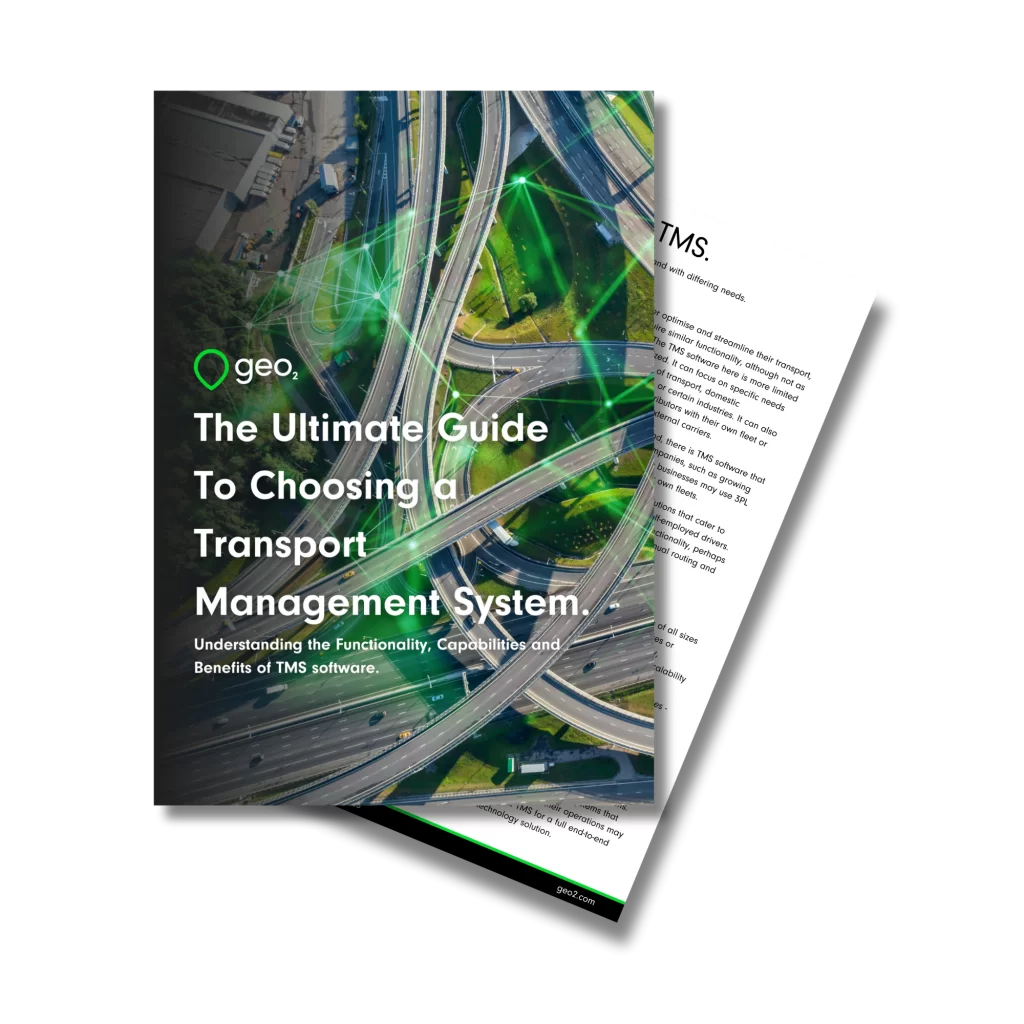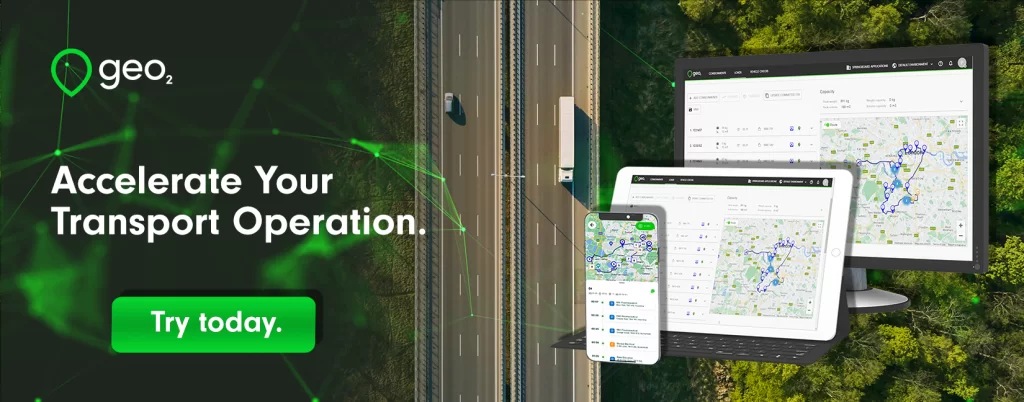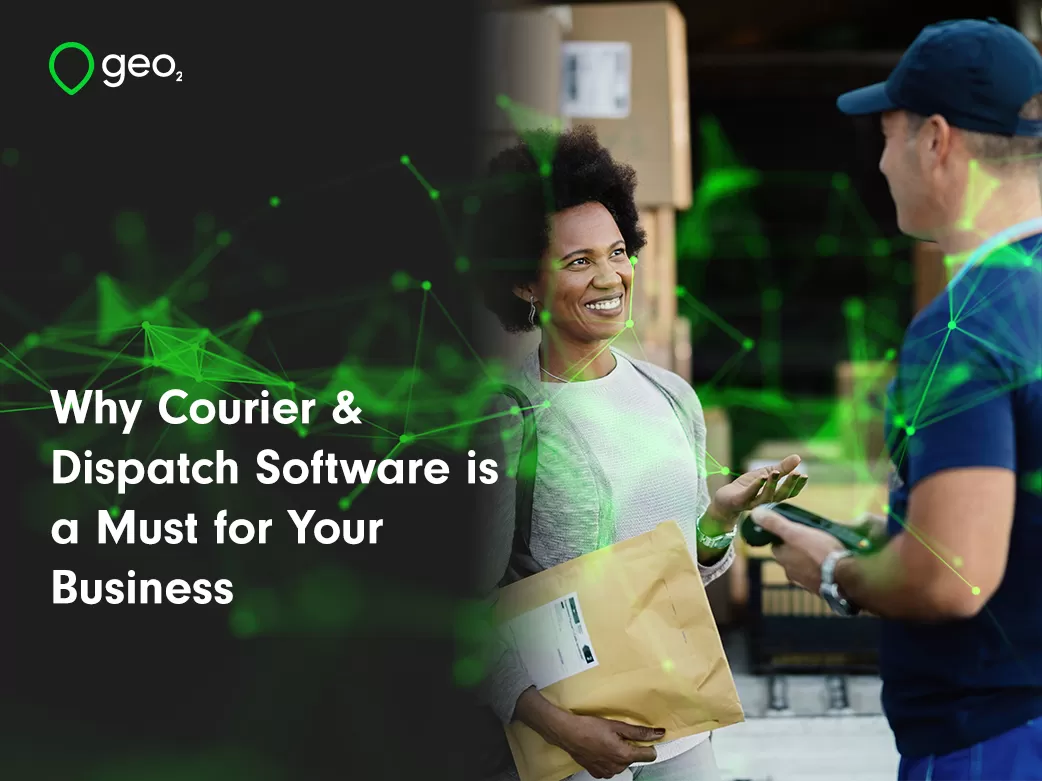
What is Third-Party Logistics (3PL)?
Introduction to Third-Party Logistics (3PL).
In simple terms, third-party logistics refers to the outsourcing of e-commerce logistics processes to a third party. These tasks involve managing inventory, storing goods, packing, and shipping products to ensure a smooth transition from supplier to customer.
Today’s fast-paced, globalized economy critically depends on the role of third party logistics. It enables businesses to scale without the need for massive capital investments in warehouses, technology, and staff. This allows them to focus on core competencies like product development and market expansion.
Need help choosing a TMS?
Download the Free Guide Now.

Table of Contents.
What 3PL Services Entail.
3PL providers help make logistics easier and cheaper. They handle order fulfillment by picking, packing, and shipping orders, and they offer warehousing to store goods safely. This can make managing the supply chain much simpler. Additionally, 3PL companies offer transportation services, negotiating favorable shipping rates with carriers, managing paperwork, and ensuring compliance with international trade regulations.
The Workings of 3PL.
Working with a third-party logistics (3PL) provider starts with sending your inventory to their warehouse. Upon receiving an order, the 3PL company picks and packs the product, then ships it to the customer on the business’s behalf. This workflow not only helps in reducing shipping costs but also significantly boosts efficiency and growing potential for businesses.
Using 3PL providers with tech like warehouse and transportation management systems, businesses can easily see their inventory, track orders, and get shipping updates in real time.
Comparing 3PL to In-House Warehousing.
When businesses tackle logistics, they often debate whether to go with third-party logistics (3PL) or stick to in-house warehousing. This decision can majorly impact a company’s efficiency, growth, and profits.
In-house warehousing means a business either owns or rents storage spaces to handle inventory, fulfill orders, and manage shipping. It gives companies full control over their supply chain, from storing goods to sending orders out. Yet, the costs for managing facilities, hiring staff, and getting the right tech can add up quickly. Also, scaling up can be tough and expensive, needing more space and equipment.
On the flip side, 3PL offers a more flexible and cost-saving way for businesses to grow without the big spending on infrastructure. By outsourcing logistics, companies can use the 3PL’s expertise, tech, and network to make their supply chain more efficient. This cuts down on costs and lets businesses quickly adjust to changing demand. The downside is losing some control over warehousing and fulfillment, which might not sit well with businesses that want tight control over their inventory and logistics.
Choosing between 3PL and in-house warehousing boils down to what a company needs, its growth strategy, and its resources. While 3PL can be a great option for scalable, efficient logistics for many, some businesses may prefer in-house warehousing for more direct oversight and control over their supply chain.
Table of Contents.

Different Flavors of Third-Party Logistics Providers.
Not all 3PL providers are built the same, with distinctions often made based on the specific services they offer. Some may focus exclusively on warehouse management systems (WMS), while others might specialize in transportation management systems (TMS). Choosing the right 3PL provider for your business mostly depends on what you’re selling, where you’re selling it, and how complex your supply chain is.
Freight Forwarders and Brokers are one type of 3PL provider that specializes in negotiating freight shipping rates with carriers. They often work on a per-shipment basis and can be useful for businesses looking to optimize transportation costs.
Public Warehousing Companies, also known as shared warehousing providers, offer shared warehouse space where multiple companies can store their products. This is a popular option for businesses that require storage on a short-term or seasonal basis.
Dedicated Contract Carriers, as the name suggests, offer dedicated transportation services for a single company. This type of 3PL provider can be beneficial for companies with high shipping volumes who want to ensure consistent and efficient delivery.

Types of Third-Party Logistics Providers.
Choosing a 3PL provider isn’t a one-size-fits-all decision. It really depends on your business needs, budget, and what you’re shipping. Generally, you can break 3PL providers down into four types: standard/regular, service developers, customer adapters, and customer developers.
Standard or regular 3PLs handle the basics of logistics without specialized services. Service developers add extra value with services like packaging and labeling. Customer adapters work closely with your business, almost like an in-house logistics team. Lastly, customer developers create fully customized, integrated logistics solutions.
Evaluating the Success of a 3PL Partnership.
Choosing the right third-party logistics (3PL) provider is just the beginning of crafting a successful logistics strategy. It’s vital to keep assessing how well the partnership works, to ensure your logistics keep pace with your business needs and the ever-changing market. Regularly check on key performance indicators like delivery speed, order accuracy, how well inventory is managed, and any cost savings. It’s also important to keep the lines of communication open with your 3PL provider to quickly solve any issues or make necessary changes.
Staying updated with the latest technology and industry best practices is crucial so that your 3PL partnership can grow and stay competitive. A proactive stance on reviewing and improving your 3PL relationship can greatly boost your business’s growth and scalability over time.
Technology is key to making a 3PL partnership more efficient and effective. New logistics technologies like artificial intelligence (AI), the Internet of Things (IoT), and blockchain are revolutionizing the industry by improving visibility, accuracy, and efficiency.
For instance, AI can help forecast demand and find the best delivery routes to save time and money. IoT devices allow for the real-time tracking of shipments, increasing transparency and accountability. Blockchain secures logistics data, building trust between all involved parties.
Using these technologies in 3PL services can make your supply chain quicker and more flexible, making it easier to meet customer needs and adapt to market changes. It’s important to pick a 3PL provider that not only uses these technologies but knows how to use them well.
When evaluating potential 3PL partners, consider their technological capabilities and commitment to innovation. This ensures that the partnership can support your growing logistics needs and help maintain your competitive edge in the market.

Key Benefits of Partnering with a 3PL Provider.
Using a third-party logistics (3PL) provider can be a game-changer for businesses, especially for those aiming to grow and cut down costs. One of the biggest perks is saving money by not needing to invest in warehouses, logistics tech, or transport fleets. 3PLs also bring the flexibility to scale logistics up or down based on what the market needs at the moment, which is perfect for businesses that see seasonal demand or are expanding.
These providers are logistics pros with solid networks, ensuring goods are shipped quickly and reliably. They’re also on top of compliance and customs, a huge plus for companies shipping goods across borders. Partnering with a 3PL means businesses can smooth out their operations, get products to customers faster, and focus more on what they do best.
Choosing the Right 3PL Partner.
Choosing a 3PL partner is a serious decision. Obviously, cost is important, but it’s just as crucial to check if their tech can smoothly work with your e-commerce setup, and if they can scale up as your business grows. Checking out success stories and case studies from companies that have successfully worked with 3PLs can also give you good pointers for making a smart choice.
Ultimately, the right 3PL partner should align with a business’s values and goals and provide the expertise and resources needed to optimize its supply chain operations. With the right partnership, businesses can achieve greater efficiency, cost savings, and customer satisfaction in their logistics processes. So, it is crucial for companies to carefully consider all factors before selecting a 3PL provider that best suits their needs.
Future Trends in Third-Party Logistics.
The world of third-party logistics is always changing, thanks to new tech and shifts in the market. A key trend is using artificial intelligence (AI) and machine learning (ML) to make logistics smarter and more predictive. Sustainability is also getting more attention, with businesses and customers alike wanting greener supply chains. The boom in e-commerce has upped the demand for quick, flexible last-mile deliveries.
Blockchain technology is starting to make logistics more transparent, secure, and efficient. To stay competitive, 3PL providers need to keep up with these trends and use the latest tech to offer innovative logistics solutions. Businesses that choose the right 3PL partner and keep up with industry changes will be in a strong position to succeed in this dynamic environment. It’s crucial for companies to regularly assess their logistics needs and work with a forward-looking 3PL provider to reach their full potential.

Conclusion.
As globalization speeds up, the importance of third-party logistics (3PL) providers in keeping supply chains running smoothly is more critical than ever. Outsourcing logistics to 3PL companies can save businesses time and resources while boosting their ability to bounce back from disruptions. If you’re thinking about making your supply chain more efficient, turning to a 3PL provider might be a wise decision.
For companies eager to learn how 3PL services can improve their logistics or looking for a trustworthy 3PL partner, it’s time to seek out more information. In today’s competitive environment, having a strong logistics strategy is not just nice to have—it’s essential.






